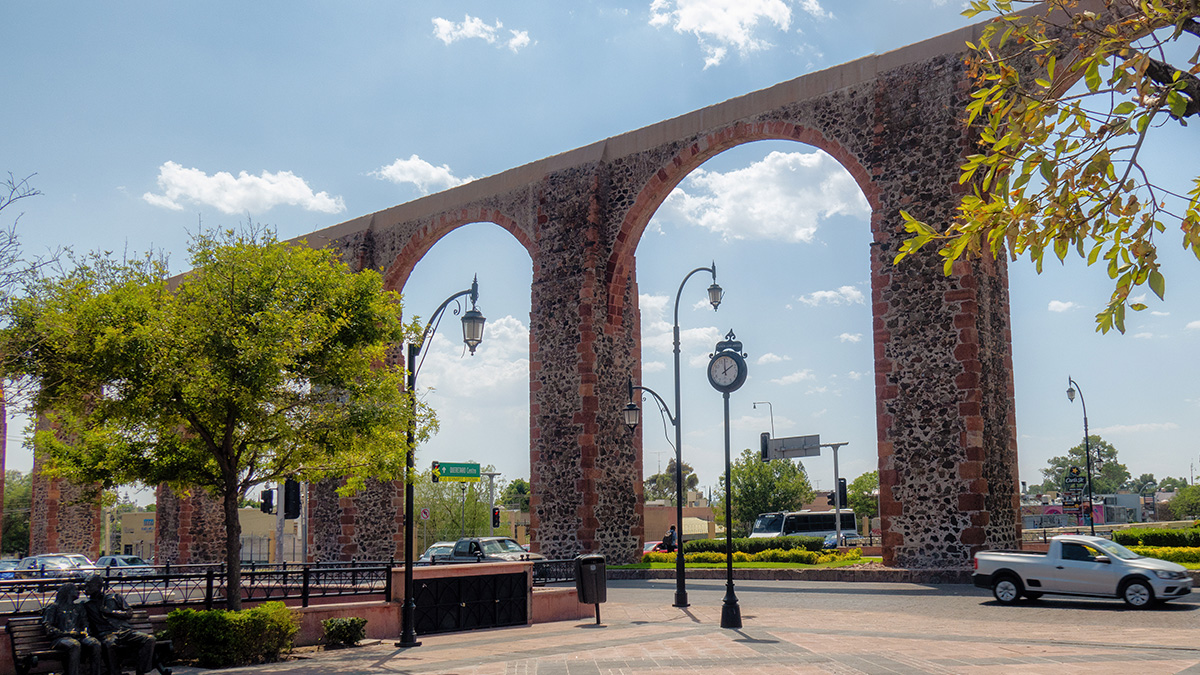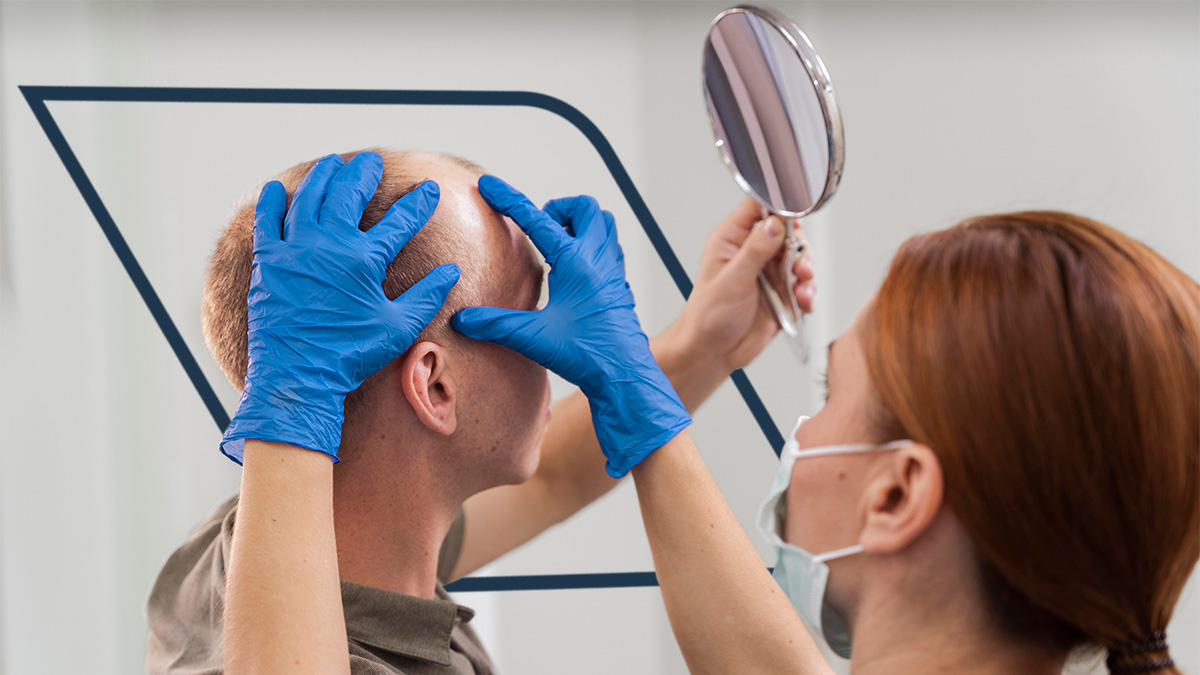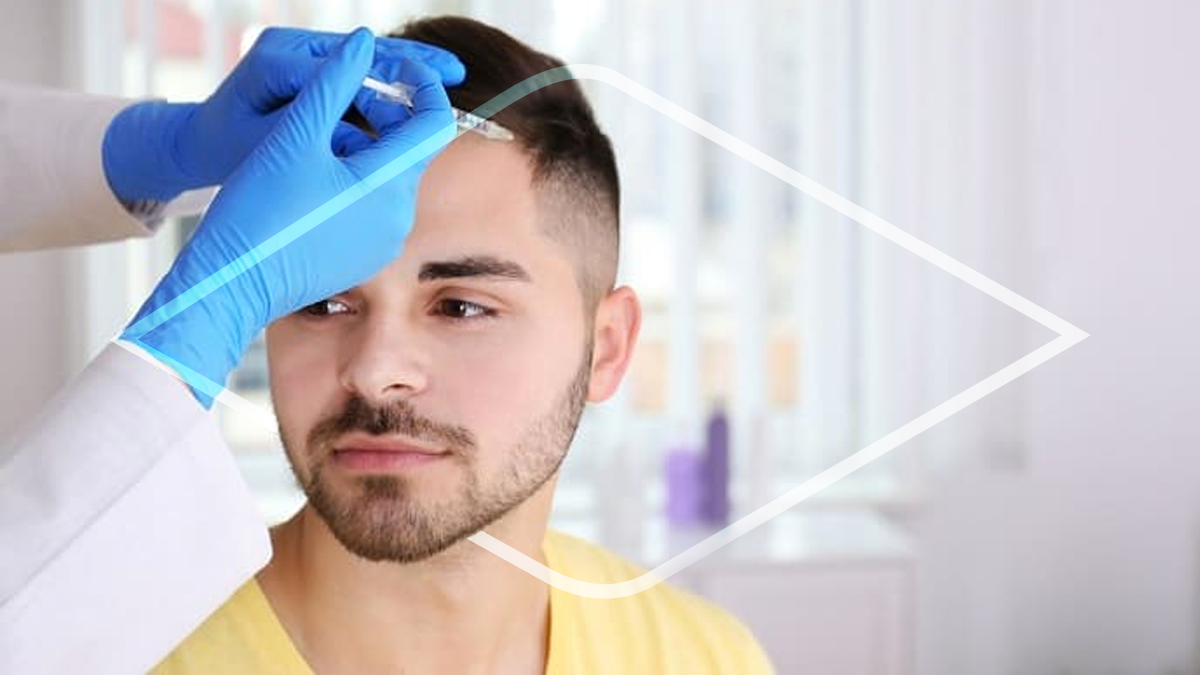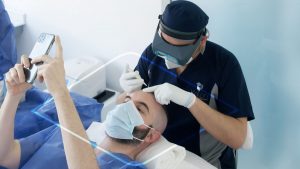India has emerged as a major destination for hair transplant procedures, attracting international patients due to advanced surgical techniques, experienced surgeons, and competitive pricing. Hair Transplant India is not only a cost-effective alternative but also offers access to globally recognized expertise, state-of-the-art clinics, and a wide variety of hair restoration techniques tailored to diverse patient needs.
The increasing demand has positioned India at the intersection of medical excellence and medical tourism. Patients from the United States, Europe, and the Middle East travel to India seeking high-quality care combined with the opportunity to reduce financial burden, often with savings of 50–70% compared to procedures in Western countries.
Why India?
Several factors contribute to the popularity of Hair Transplant India:
- Cost Efficiency: The lower cost of living and operational expenses allow clinics to offer procedures at a fraction of the U.S. price without compromising quality.
- Expertise: Indian surgeons are highly trained, many with fellowships abroad, combining local expertise with global standards.
- Advanced Techniques: Clinics employ cutting-edge FUE, FUT, DHI (Direct Hair Implantation), robotic-assisted procedures, and PRP (Platelet-Rich Plasma) therapies.
- Medical Tourism Infrastructure: Specialized hospitals, visa facilitation, accommodation, and transport arrangements cater specifically to international patients.
- Regulatory Oversight: Accreditation from organizations like NABH (National Accreditation Board for Hospitals & Healthcare Providers) ensures adherence to clinical standards.
Socio-Economic Considerations
India’s demographic and economic landscape provides a unique environment for hair transplant services:
- A growing middle class with disposable income fuels domestic demand.
- A high volume of medical professionals ensures both competitive pricing and innovation.
- Global connectivity makes India accessible for international patients.
Techniques and Innovations in India
Follicular Unit Extraction (FUE)
FUE remains the most widely used technique in India. Its advantages include:
- Minimally invasive procedure
- Faster recovery time
- Reduced scarring compared to FUT
- Suitability for both large and small transplant sessions
Direct Hair Implantation (DHI)
DHI, an advanced version of FUE, allows for:
- Precise implantation at optimal angles and density
- Reduced handling of follicles, increasing survival rates
- Immediate follicular placement into recipient sites without the need for pre-made incisions
Robotic-Assisted Hair Transplantation
Several clinics in metropolitan cities such as Mumbai, Delhi, and Bangalore utilize robotic systems for hair transplantation:
- Automated follicle extraction with precision
- Minimized human error
- Optimized graft placement patterns
- Enhanced outcomes, especially for patients with complex baldness patterns
Platelet-Rich Plasma (PRP) Integration
PRP therapy is widely adopted in India alongside Hair Transplant India procedures. It improves follicular survival, stimulates dormant follicles, and accelerates healing. Many clinics offer PRP in combination with transplantation, often included in comprehensive packages for international patients.
Preoperative Assessment and Planning
Successful Hair Transplant India outcomes depend on thorough preoperative assessment:
- Scalp Analysis: Evaluating donor density, hair thickness, scalp elasticity, and existing hair patterns
- Medical Screening: Identifying underlying conditions that may affect healing, such as diabetes or autoimmune disorders
- Photographic Documentation: Baseline images for planning and postoperative comparisons
- Patient Consultation: Discussing aesthetic goals, expectations, and long-term hair loss projections
Surgeons in India place particular emphasis on customized hairline design to ensure natural results that complement facial features.
Recovery and Postoperative Care
Recovery following a hair transplant in India is structured and closely monitored. Key recommendations include:
- Gentle washing of the scalp starting 48 hours post-procedure
- Avoiding direct sunlight and strenuous activity for 2–4 weeks
- Using prescribed medications such as minoxidil or finasteride to enhance growth and prevent further loss
- Follow-up visits at 1 week, 1 month, 3 months, and 6 months post-procedure
Patients often travel internationally, so Indian clinics provide virtual follow-ups and telemedicine consultations to ensure continuity of care.
Cost Considerations
Hair Transplant India is highly competitive due to several factors:
| Procedure Type | Typical Cost in India (USD) | Typical Cost in USA (USD) |
|---|---|---|
| FUE (1,500–2,500 grafts) | $1,500–$4,000 | $6,000–$15,000 |
| FUT (2,000–3,000 grafts) | $1,200–$3,500 | $5,000–$12,000 |
| DHI (1,500–2,000 grafts) | $2,500–$5,000 | $8,000–$18,000 |
This cost-effectiveness, combined with high-quality outcomes, explains why India is a top destination for international hair transplant patients.
Safety Standards and Accreditation
Patient safety is paramount. Indian clinics offering Hair Transplant India adhere to strict protocols:
- Sterile operating rooms with HEPA filtration
- NABH accreditation or ISO certification for clinical procedures
- Surgeons trained in internationally recognized fellowship programs
- Continuous monitoring of infection control, anesthesia safety, and postoperative complications
Global Medical Tourism Trends
Hair transplantation in India aligns with a growing trend in medical tourism. Key statistics:
- India received over 600,000 international medical tourists in 2023, with hair transplantation being one of the top procedures.
- Patients primarily come from the United States, United Kingdom, UAE, and Australia.
- Combined packages including surgery, accommodation, and transport have made India a convenient and attractive option for overseas patients.
Psychological and Social Impact
Hair loss affects self-esteem and social interactions. Men and women traveling for Hair Transplant India often report significant improvements in confidence, professional presence, and personal satisfaction. Studies in the Journal of Cosmetic Dermatology show that successful transplantation reduces anxiety, depressive symptoms, and social avoidance behavior.
Risks and Complications
Although Hair Transplant India is generally safe, potential complications include:
- Temporary shedding of existing or transplanted hair
- Folliculitis or minor scalp infection
- Uneven growth or misaligned follicles
- Minimal donor site scarring (especially with FUE and DHI)
Proper patient selection, experienced surgeons, and adherence to postoperative instructions minimize these risks.
Comparative Analysis: India vs Western Countries
| Feature | India | USA/UK |
|---|---|---|
| Cost Efficiency | High | Moderate/Low |
| Surgical Expertise | Very High | High |
| Clinic Accreditation | NABH/ISO | AMA/State Boards |
| Medical Tourism Infrastructure | Advanced | Limited |
| Patient Satisfaction | High | High |
This comparison highlights the compelling advantages of India as a destination for hair restoration.
Advanced Research and Future Directions
India is also at the forefront of hair restoration research:
- Stem Cell Therapy: Experimental protocols for follicular regeneration
- Bioengineered Hair Follicles: Techniques in development for long-term density maintenance
- Robotics and AI Integration: Enhanced precision in graft selection and implantation
- Genetic Profiling: Identifying patients at risk of rapid hair loss to customize interventions
These innovations indicate that India will continue to be a leader in hair transplant outcomes and global medical tourism.
Is it safe to undergo a hair transplant in India as an international patient?
Yes, India offers internationally accredited clinics, board-certified surgeons, and comprehensive medical tourism support.
Virtual follow-ups and telemedicine consultations further ensure patient safety and long-term outcomes.
Patient Testimonials
Patients who traveled for Hair Transplant India procedures report:
- “The precision of the Arta and FUE techniques exceeded my expectations. Recovery was smooth, and my hairline looks completely natural.” – John, USA
- “I saved more than 60% compared to costs in the UK, and the clinic provided accommodation and transport. The team was highly professional.” – Mark, UK
- “The PRP sessions alongside my transplant accelerated growth. The results are life-changing.” – Ahmed, UAE
These experiences reflect the combination of clinical excellence and patient-centric care.
Hair Transplant India offers a blend of advanced surgical techniques, cost-effective solutions, and a thriving medical tourism ecosystem. International patients benefit from:
- High-quality outcomes with minimal scarring
- Access to experienced, internationally trained surgeons





